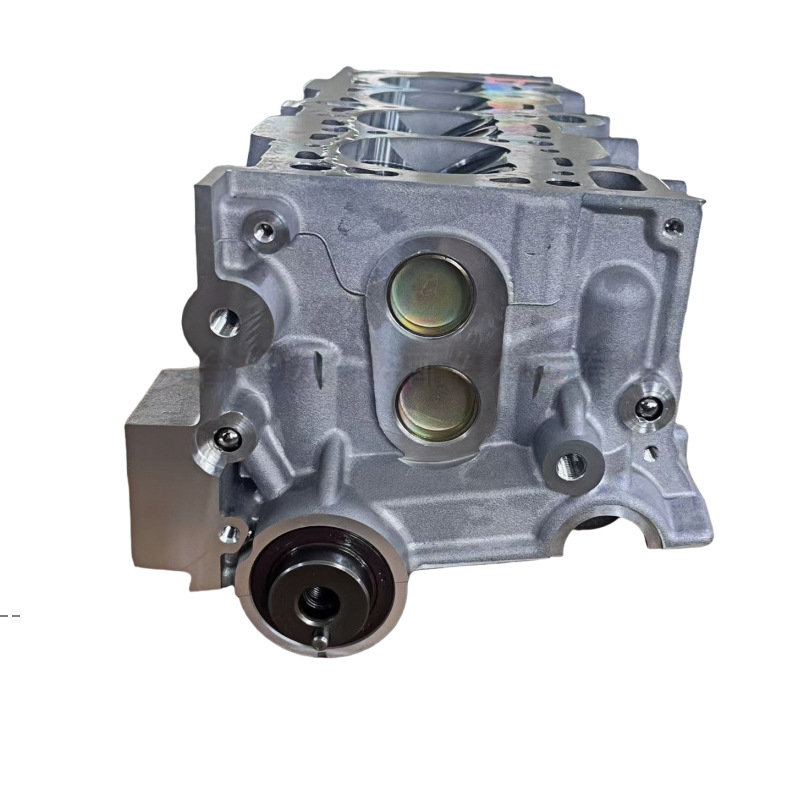In the ever-evolving automotive industry, the demand for high-quality auto parts has never been greater. As manufacturers strive to meet the needs of their customers, the adoption of advanced production lines has emerged as a game-changer. These state-of-the-art production lines not only enhance efficiency but also ensure precision, ultimately leading to superior products that can withstand the rigors of modern vehicles. This article explores the myriad advantages of utilizing advanced production lines in the auto parts sector, highlighting their impact on quality, cost-effectiveness, and scalability.

Enhanced Efficiency and Productivity
One of the primary advantages of advanced production lines in auto parts manufacturing is the significant boost in efficiency and productivity. These production lines are designed with automation and streamlined processes in mind, allowing for faster production cycles. By integrating robotics and sophisticated software, manufacturers can minimize human error and optimize workflows. This not only shortens lead times but also increases output, enabling companies to meet growing market demands without compromising on quality. Moreover, the ability to produce large quantities of auto parts consistently ensures that manufacturers can maintain a competitive edge in a fast-paced industry.
Quality is paramount in the automotive industry, and advanced production lines are equipped with cutting-edge technology to uphold the highest standards. Automated inspection systems and real-time monitoring tools enable manufacturers to detect defects early in the production process. This proactive approach to quality control significantly reduces the likelihood of faulty auto parts reaching the market, thereby enhancing customer satisfaction and brand reputation. Furthermore, the precision inherent in advanced production lines ensures that every component is manufactured to exact specifications, resulting in parts that perform reliably in various automotive applications.
Cost-Effectiveness and Resource Optimization
Investing in advanced production lines can lead to substantial cost savings for auto parts manufacturers. By automating repetitive tasks and optimizing resource allocation, companies can reduce labor costs and minimize waste. Advanced production lines are designed to maximize material efficiency, which not only lowers production costs but also contributes to sustainability efforts. As the automotive industry increasingly prioritizes eco-friendly practices, manufacturers utilizing advanced production lines can position themselves as leaders in sustainability while simultaneously improving their bottom line.
The automotive market is characterized by rapid changes in consumer preferences and technological advancements. Advanced production lines offer the scalability and flexibility needed to adapt to these shifts. Manufacturers can easily adjust production volumes and switch between different auto parts with minimal downtime. This adaptability is crucial for meeting the demands of both mass production and custom orders. As a result, companies can respond swiftly to market trends, ensuring they remain relevant and competitive in a dynamic landscape.
In conclusion, the advantages of using advanced production lines in auto parts manufacturing are manifold. From enhanced efficiency and improved quality control to cost-effectiveness and scalability, these production lines are transforming the way auto parts are produced. As the automotive industry continues to evolve, embracing advanced production lines will be essential for manufacturers aiming to achieve operational excellence and meet the expectations of their customers. By investing in these cutting-edge technologies, companies can not only improve their product offerings but also secure a sustainable future in the competitive automotive market.
